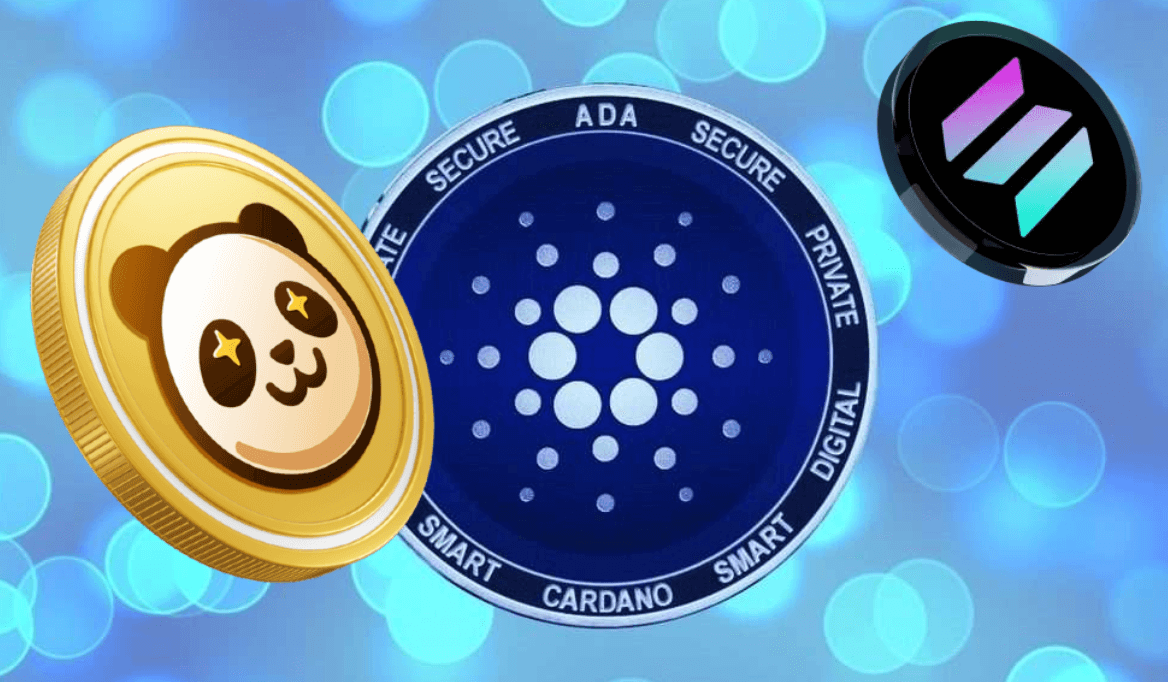The dynamic cryptocurrency industry demands constant innovation and adaptation from projects to stay relevant. While Cardano has enjoyed immense popularity, rivals like Solana and the emerging Pandoshi demonstrate more significant potential for exponential growth in 2024.
About Pandoshi
Pandoshi represents a decentralized ecosystem built on user privacy principles, financial autonomy, and community governance. At its core, Pandoshi aims to develop a suite of open-source DeFi products focused on decentralization without mandatory KYC limits.
The platform utilizes a Layer-2 network powered by an energy-efficient Proof of Stake protocol. Planned products include a decentralized exchange, a non-custodial Pandoshi Wallet, Metaverse gaming, an educational platform, and crypto debit cards. Transactions leverage the native PAMBO token.
PAMBO Token Utility
Initially launched on Ethereum, PAMBO employs a deflationary model intending to increase value through built-in scarcity. The token also uses a buy-and-burn mechanism to bolster its price floor. PAMBO powers payments across Pandoshi’s ecosystem.
Pandoshi’s ongoing presale will occur over five phases, each with a higher token price than the last. Phase four prices PAMBO at $0.008 per token, with an increment to reach $0.01 in phase 5, which is the final phase.
This expanding interest demonstrates the project's momentum. Phase 4 will soon end and the final stage will begin with many investors joining. This time frame offers a fantastic chance to invest early in a project that not only shows promise but also has the potential to produce noticeable outcomes.
Pandoshi Wallet Launch
A crucial driver of Pandoshi’s growth is the recent launch of its decentralized Pandoshi Wallet app for Android and soon iOS. The non-custodial wallet provides users with complete control over assets while delivering broad blockchain compatibility.
The wallet’s open-source nature allows community-led development to match user needs. The wallet aligns with Pandoshi’s commitment to decentralized finance by facilitating self-custody and asset privacy.
Dedication to Decentralization
Pandoshi’s open-source ecosystem and community-oriented approach appeals to investors seeking transparency. As a staunch decentralized finance advocate, Pandoshi will utilize all products and services created by open-source development for collaborative community maintenance.
The non-custodial Pandoshi Wallet hosted on GitHub exemplifies this commitment, allowing crowd-sourced improvements catering to diverse user needs. Such efforts reinforce Pandoshi’s dedication to privacy and decentralization in DeFi.
Outlook for 2024 and Beyond
While Cardano dominated headlines in 2021, obstacles like network congestion and delays in core upgrades have hampered its growth. Critics argue its methodical peer review process limits skill in a rapidly evolving sector.
Conversely, rivals like Solana prioritize scalability and quick implementation of community proposals. Meanwhile, Pandoshi doubles down on innovation, user-centric solutions, and community governance - attributes that resonate with modern crypto users.
Solana and Pandoshi appear to be better positioned than Cardano to capitalize on DeFi growth in 2024, thanks to their greater adaptability to emerging trends. For investors, both projects offer appealing risk-reward propositions at current valuations.
Conclusion
Cardano risks being overtaken by faster-moving competitors that provide greater decentralization and scalability. Pandoshi and Solana exemplify this shift, making them prime candidates to usurp Cardano’s standing in 2024.
Click Here To Take Part In Pandoshi Presale
Visit the links below for more information about Pandoshi (PAMBO):
Website: https://pandoshi.com/ Whitepaper: https://docs.pandoshi.com/
Disclaimer: This is a sponsored press release and is for informational purposes only. It does not reflect the views of Crypto Daily, nor is it intended to be used as legal, tax, investment, or financial advice.





